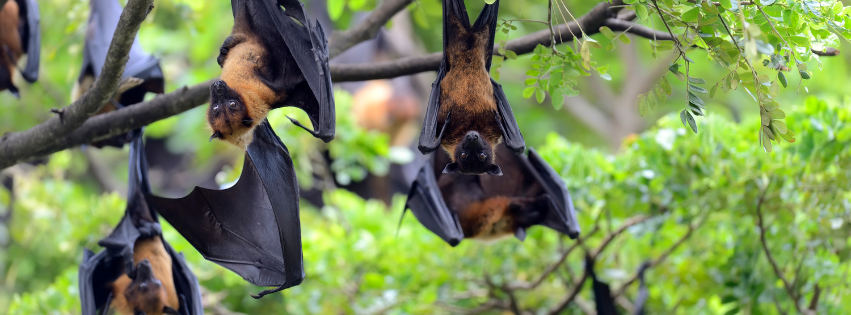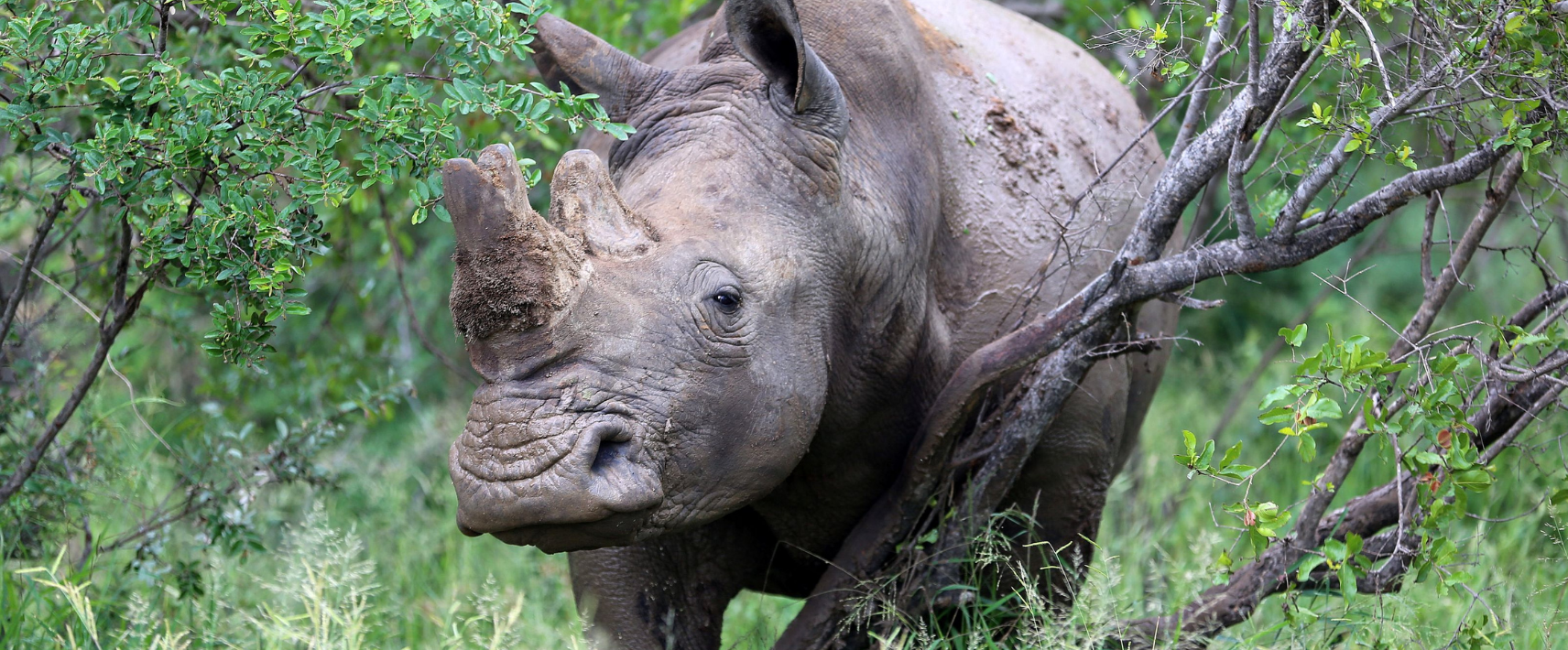SYDNEY (January 6, 2026) Humane World for Animals Australia (formerly called Humane Society International) has criticised the Crisafulli Government’s decision to reverse the former government’s phase-out of shooting flying foxes for crop protection. The animal protection charity says the move seriously undermines progress toward effective non-lethal management and brings back...
Today Humane Society International is launching our Better Wool Guide to help consumers avoid buying wool from sheep subjected to painful mulesing. As consumers are becoming more aware of animal welfare, their purchasing powers are prompting an ever growing number of brands to say ‘no’ to mulesed wool. The HSI #BetterWoolGuide lists the brands and retailers with policies against mulesing, or commitments to phase it out.
Despite rising demand for non-mulesed wool, the majority of the wool industry persists with breeding wrinkled sheep that are at high risk of flystrike, the distressing condition which mulesing is used to avoid. Mulesing is a process where shears are used to slice off strips of the wrinkled skin around the lamb’s rear end, creating smooth scar tissue resistant to flies. An estimated 13-20 million Merino lambs are subjected to mulesing nationwide each year.
Thankfully there’s a better way to avoid fly strike – by breeding plain-bodied sheep without wrinkles that don’t need to be mulesed. Around ten per cent of wool growers already produce non-mulesed wool through plain bodied genetics, a huge welfare win for their sheep without any financial compromise.
Although governments and wool industry leaders drag their heels on this issue, fortunately consumers and brands are trending in the opposite direction, taking a more compassionate path. Country Road Group, David Jones, Target, and the Kmart Group led the way by being the first Australian retailers to announce new policies to transition away from mulesed wool last year, joining a long list of international brands doing the same.
HSI’s Animal Welfare Program Manager, Georgie Dolphin, said, “Consumers and brands are driving the demand for progress in animal welfare and today we are celebrating their choices which I’m sure will soon bring an end to painful mulesing in Australia. The genetic solution is increasingly being recognised as the best way to manage flystrike and end mulesing, solving two major animal welfare issues which cause considerable suffering to millions of Merino sheep every year.”
Working in collaboration with HSI, FOUR PAWS have also compiled a list of brands along with their stance on the practice. HSI and FOUR PAWS stand united in their opposition to mulesing, and their call for an industry wide transition to the genetic solution to both mulesing and flystrike.
Just last month, an independent report co-commissioned by HSI and FOUR PAWS showcased the financial and animal welfare success of wool producers who are now breeding flystrike resistant sheep instead of mulesing. It demonstrates that other wool growers have no excuses to continue mulesing their sheep. The BG Economics report, ‘Towards a Non-Mulesed Future’, is available here, and explained in this video.
“The practice of mulesing young lambs casts a dark shadow over Australia’s wool industry. The only way to end the mulesing debate is to end mulesing, and there’s a viable and profitable solution available to wool growers right now. Thanks to animal welfare conscious consumers and brands who are driving progress, mulesing will fast lose its social licence and become a practice of the past, sparing millions of lambs from unnecessary suffering. We commend brands in the Better Wool Guide for aligning their animal welfare policies with consumer sentiment and the production of more welfare-friendly, better wool,” concluded Ms Dolphin.


